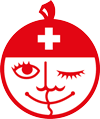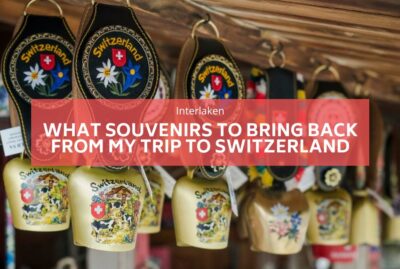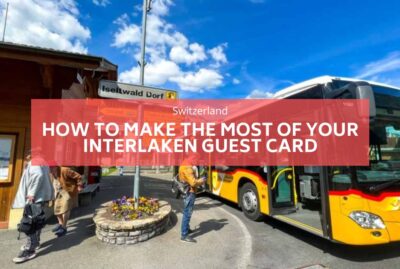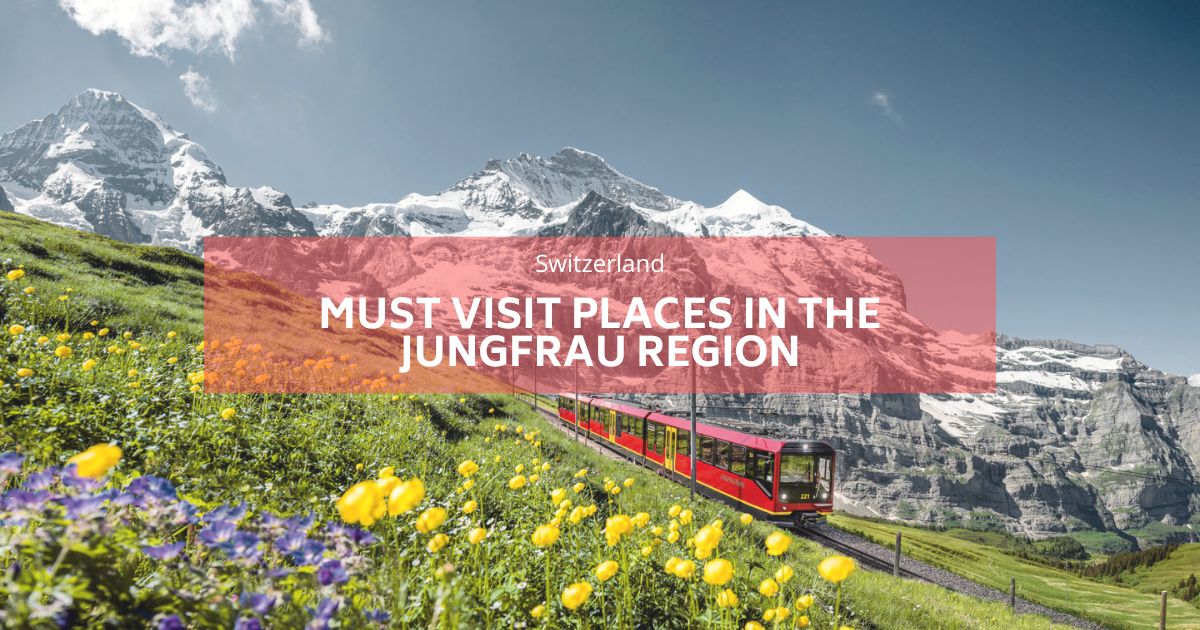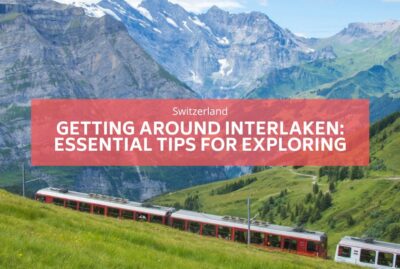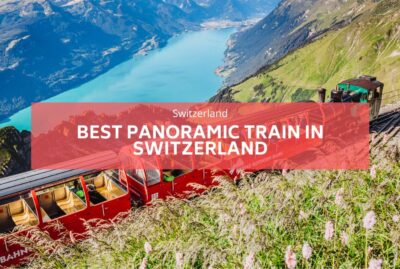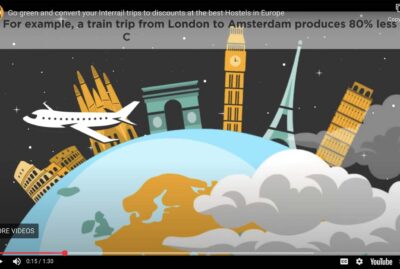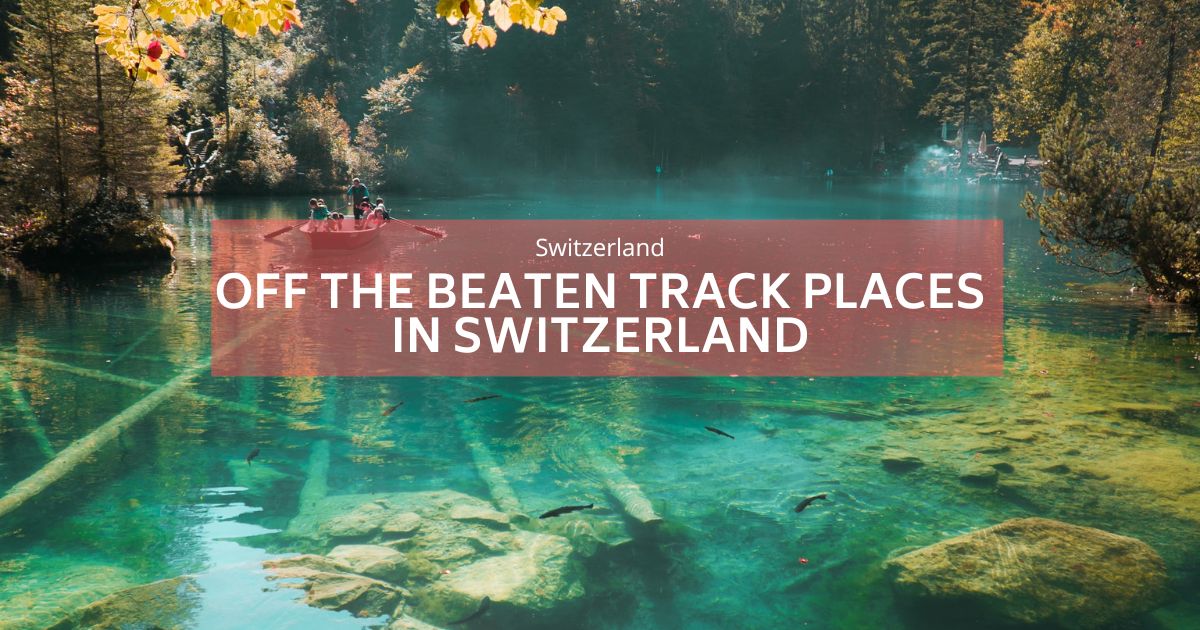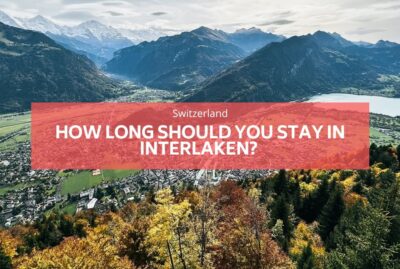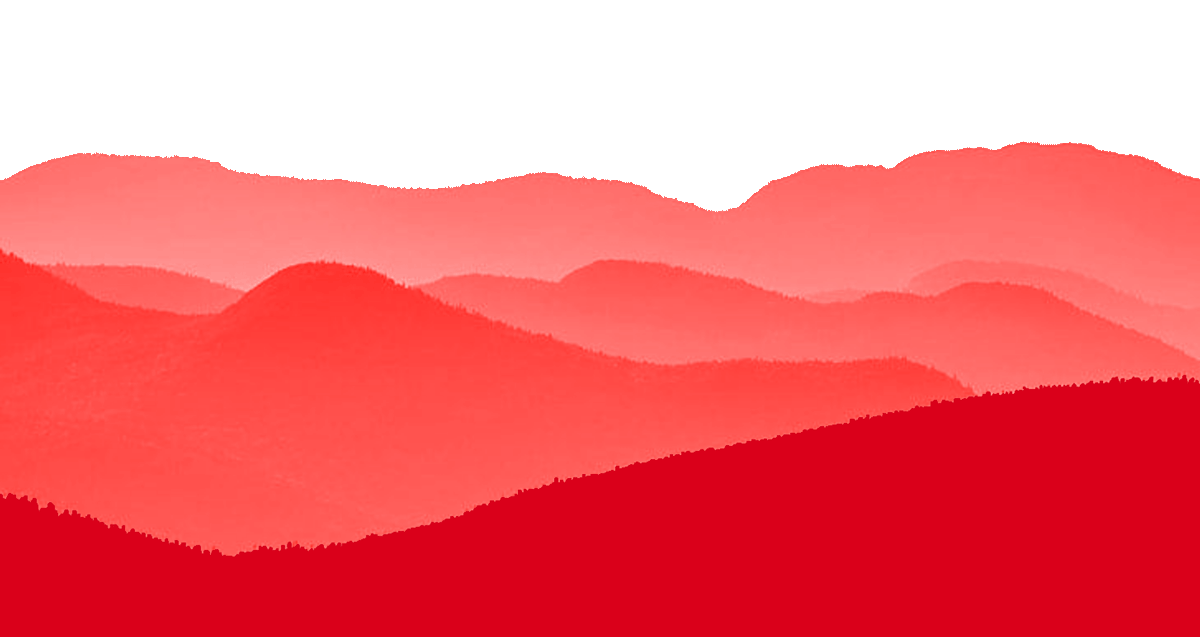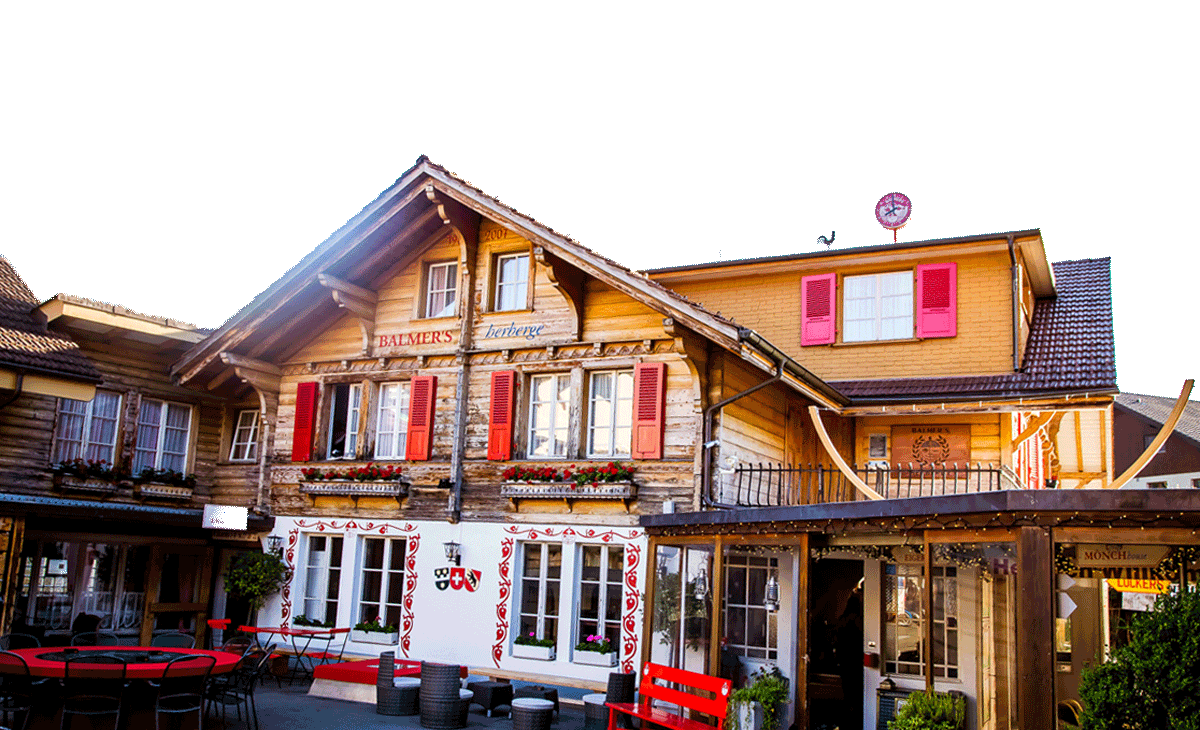스위스 알프스에 오신 것을 환영합니다: 스위스 필수 가이드
유럽의 중심부에 자리잡은 스위스는 반짝이는 호수, 우뚝 솟은 산, 잊을 수 없는 풍경으로 둘러싸인 숨막히는 천국입니다. 이곳에 왔다면 모험을 즐길 준비가 되었으며 전문가처럼 이 깨끗한 나라를 탐색하기 위한 몇 가지 팁이 필요할 가능성이 높습니다. 알프스에 뛰어들기 전에 원활하게 정착하는 데 도움이 되는 기본 사항을 알아보겠습니다.
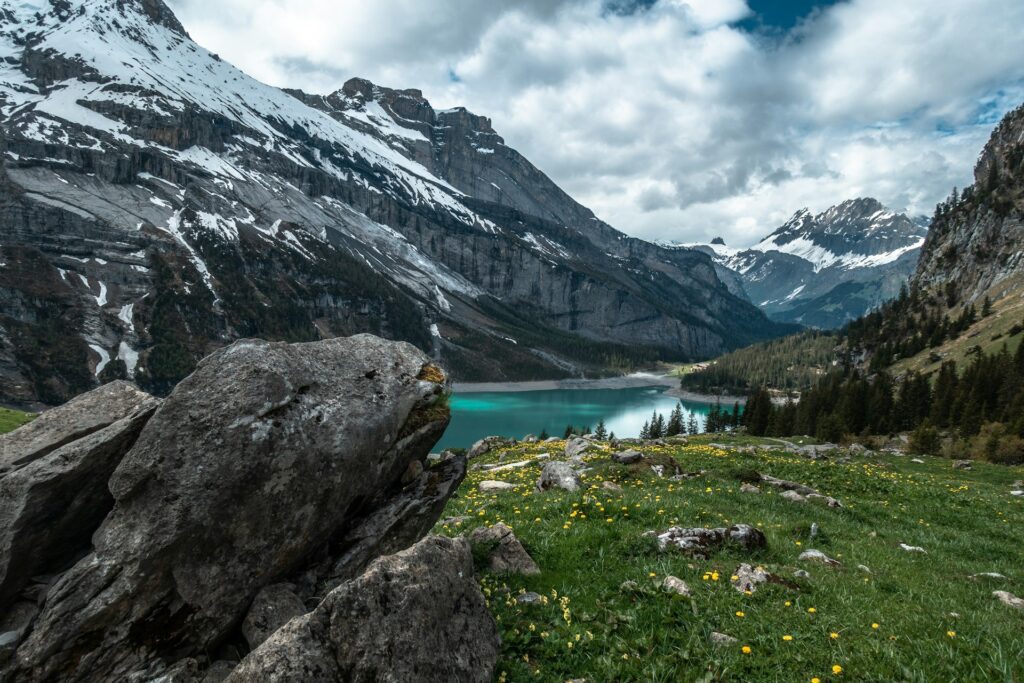
스위스는 조직, 존중, 시간 엄수, 공손함으로 유명합니다. 이러한 가치는 여러분의 체류를 원활하고 즐겁게 만들어 줄 것입니다.!
스위스의 언어
스위스는 아름다운 만큼 다양하며, 이러한 풍요로움은 4가지 공식 언어: 독일어, 프랑스어, 이탈리아어, 로만슈어!
- 독일어는 인구의 60% 이상과 대부분의 영토를 포괄하여 가장 널리 사용됩니다.
- 서부 지역에서는 프랑스어가 지배적입니다.
- 이탈리아어는 티치노 남부 주에서 사용됩니다.
- 그라우뷘덴의 일부 지역에서는 덜 알려진 언어인 로만슈어가 사용됩니다.
하지만 걱정하지 마세요.관광지에서는 영어가 널리 사용됩니다., 주요 도시, 호스텔 등이 있으니 괜찮게 지낼 수 있을 거예요!
플러그 및 어댑터
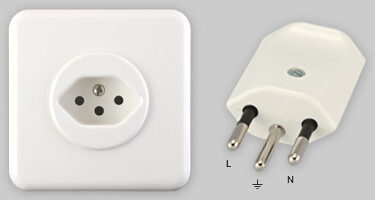
Type C 콘센트를 사용하는 대부분의 유럽과 달리 스위스에는 자체 플러그 유형인 J형이 있습니다.. 이 콘센트에는 세 개의 평평한 갈래가 있지만 여기에 좋은 소식이 있습니다.C형 플러그는 문제 없이 잘 맞는 경우가 많습니다.. 플러그가 강제로 꽂히지 않고 안전하게 고정되었는지 확인하세요. 여행을 계획하고 있다면 범용 어댑터를 가져가는 것이 안전합니다.
통화

스위스는 유로가 아닌 스위스 프랑(CHF)을 사용합니다.. 불편해 보일 수도 있지만 관리하기 쉽습니다.
- 환율은 1 CHF = 1.05-1.10 EUR 정도입니다.
- 국경 도시와 관광 지역에서는 유로가 널리 통용되지만 스위스 프랑으로 거스름돈을 받는 경우도 많습니다.
- 전국의 ATM에서는 CHF나 유로를 인출할 수 있습니다.
팁 : 신용카드는 거의 모든 곳에서 사용 가능하므로 많은 양의 현금을 들고 다닐 필요가 없습니다. 만약의 경우를 대비해 소액의 CHF 비상 자금이 유용합니다.
수송
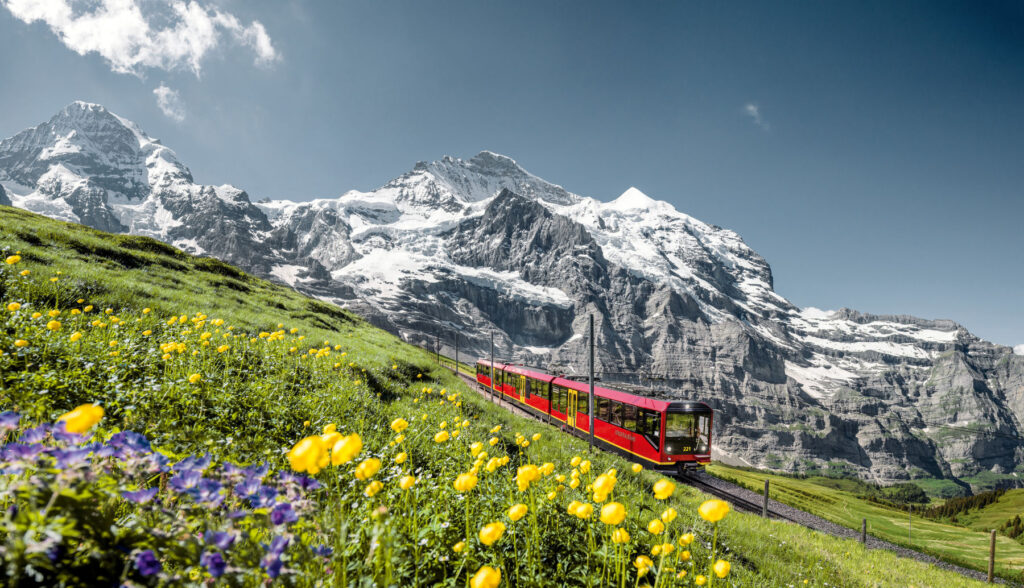
스위스의 대중교통 시스템은 전설적입니다. 효율적이고, 광범위하며, 믿을 수 없을 정도로 시간을 엄수합니다.. 기차, 버스, 케이블카, 보트까지 모두 서로 연결되어 있어 전국 방방곡곡을 쉽게 탐험할 수 있습니다.
- 다운로드 SBB 앱: 기차, 버스, 케이블카 등 전체 여행의 티켓을 예약할 수 있는 스위스 교통 앱입니다. 티켓에는 쉽게 스캔할 수 있도록 QR 코드가 함께 제공됩니다.
- 열차는 거의 항상 정시에 운행되며, 지연되는 경우 친절한 직원이 항상 도와드립니다.
스위스를 여행하는 것이 이보다 더 쉬울 수도, 경치가 더 좋을 수도 없습니다.
교통에 관한 블로그 게시물을 읽어보세요.
수도물

스위스 수돗물은 세계 최고 수준입니다. 알파인 온천에서 직접 공급받아 생수보다 더 깨끗하고 맛있습니다.. 공공 식수대는 어디에나 있으며 표지판이 표시되어 있지 않은 한 식수를 사용해도 안전합니다.
전문가 팁: 생수 구매를 건너뛰고 대신 재사용이 가능한 물병을 휴대하세요. 어디를 가든 비용을 절약하고 신선한 알파인 물을 즐길 수 있습니다.
스위스 하이킹

하이킹 스위스에서는 단순한 오락이 아닙니다.그것은 삶의 방식이다. 주말 전사부터 퇴직자까지 모두가 이곳에서 트레일을 밟습니다.
- 스위스 하이킹 코스는 모든 교차로에 목적지까지의 대략적인 시간을 나타내는 노란색 표지판으로 잘 표시되어 있습니다.
- 초보자든 숙련된 등산객이든 길을 잃을 염려 없이 길을 찾는 데 어려움이 없을 것입니다.
그러니 부츠 끈을 매고 세계에서 가장 아름다운 산책로를 탐험할 준비를 하세요!
조용한 시간
타인의 평화를 존중하는 것은 스위스 문화의 초석입니다. 이곳에서는 소음을 심각하게 받아들이고 있으며, 대부분의 지역에서는 오후 10시부터 정숙 시간을 시행합니다.
기차에도 조용한 마차가 있어서 평화로운 여행을 즐길 수 있습니다. 호스텔에 묵는다면 밤에는 볼륨을 낮게 유지하여 모두의 좋은 분위기를 유지하세요.
스위스의 긴급 전화번호
스위스는 믿을 수 없을 정도로 안전하지만 항상 다음 비상 연락처를 알아두는 것이 좋습니다.
- 일반 응급 상황: 112
- 경찰: 117
- 소방관: 118명
이 빠른 가이드를 사용하면 스위스를 현지인처럼 탐험할 수 있습니다. 안전한 여행과 알파인 모험을 즐겨보세요!
